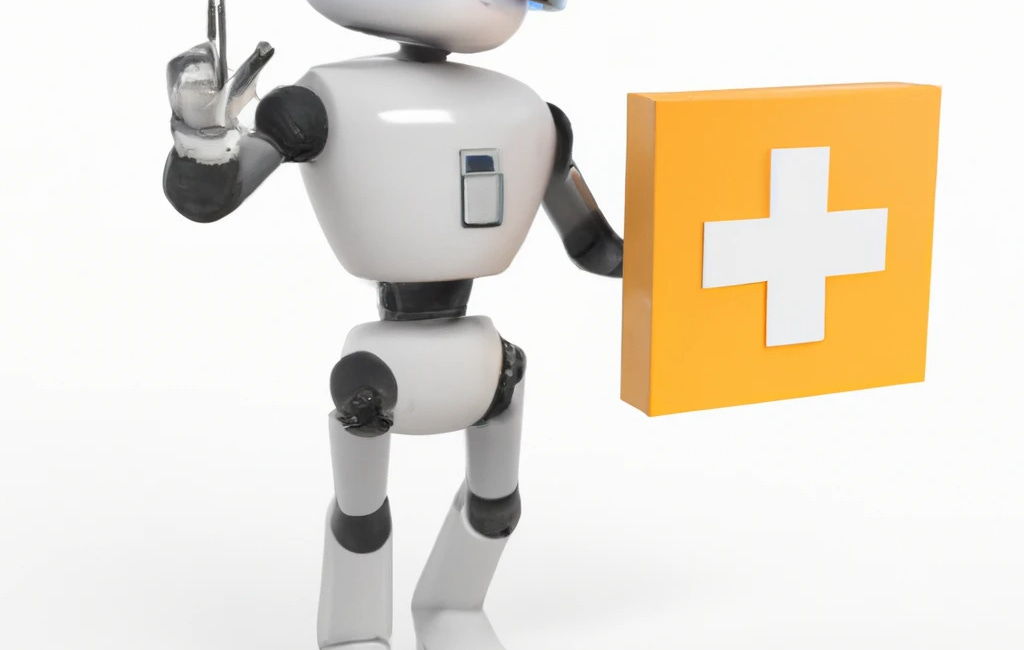The DRIVE Series - Post #1
Five Discoveries, Resources, Ideas, Values, and Experiments for January 2024
Welcome to the first DRIVE series post, complete with a gimmicky name. Every month, I’ll provide some combination of five discoveries, resources, ideas, values, or experiments involving AI and/or healthcare. Let’s get started!
1. Statistics does not have to be boring!
Having the right tools and asking the right questions can lead to interesting discoveries in unexplored data. This Ted Talk by Sebastian Wenicke got me thinking how natural language processing might be used on medical narratives (what do the great medical writers do differently) and publications.
2. AI needs humans to prevent model collapse.
Large language models like Anthropic and Chat-GPT require enormous datasets in order for them to create novel content. With AI-generated posts proliferating across the Internet, researchers wondered what would happen if the AI began to recursively train on AI-generated content. At first, there were no obvious errors. By the ninth iteration of training, however, the model clearly began to degrade and misrepresent the original information. This idea, known as model collapse, “is a degenerative process affecting generations of learned generative models, where generated data end up polluting the training set of the next generation of models; being trained on polluted data, they then mis-perceive reality.” Check out the study “The Curse of Recursion: Training on Generated Data Makes Models Forget.” All this to say, AI needs real data to prevent from “eating its tail.”
3. AI Tools for Healthcare Professionals
In the early days of healthcare and AI startups, it is hard to predict which companies will survive and thrive and which ones won’t. Many of the companies on this list of AI tools focus on natural language processing to listen to provider-patient conversations and create patient documentation. Can any of these upstarts challenge Epic or Cerner, who are undoubtedly working on their own solutions? This David and Goliath face off reminds me of the relationship between new companies, like Open AI and Anthropic, versus entrenched ones, like Google and Amazon. The smaller companies are able to move quickly, while the larger companies must be more careful of false missteps because they have more to lose.
4. The back stories that started the AI boom
The reasons behind the schism at OpenAI are well documented, but this fun article from The NY Times goes back to 2010 share the inception of DeepMind, the company that developed AlphaGo and AlphaFold, Elon Musk’s involvement in creating OpenAI in 2015, to Bill Gates’s reaction to ChatGPT in a private demonstration at his home. Reading between the lines, you can see how interconnected the most powerful people in the tech world are and how they operate.
5. Create a role in society or one will be made for you.
There is a version of this quote that crosses my path on the Internet every few weeks and, each time, it resonates with me. As physicians and healthcare providers have less and less autonomy in a more corporate, hedge-fund managed system, stories of burnout become more common. It is this environment that drives me to search for a ways to diversify my skillset in healthcare, while still making a positive impact on patients. A similar sentient about loss of autonomy is made in this blog post, where the author writes:
In the future, there will be two kinds of jobs. Either we will manage the machines or the machines will manage us.
In some ways, this may be happening already. The algorithms influence what type of entertainment we consume, which resumes and applications rise to the top of the stack, and who we date. The author concludes with valuable advice: “Learn as much as you can about machine learning and AI, because the early adopters now will be the leaders tomorrow and who decide how the machines will manage everyone else.”
Check out some of my recent posts:
How and Why A Doctor Taught Himself to Code
So Good They Can’t Ignore You In the book So Good They Can’t Ignore You, the author, Cal Newport, upends the typical and naive narrative that following one’s passion will bring happiness or a compelling career. Instead, he argues that the people with the most interesting and creative jobs find it by first developing …
AI Needs to Clear Some Major Hurdles in Medicine
The hype around AI has reached a fever pitch. Visit nearly any popular medical website. You are bound to see writing that says AI is “revolutionizing” healthcare, “transforming” diagnostics, analyzing “complex medical imaging,” and providing “cutting-edge” care. But where is this happening? In the hospitals where I …





